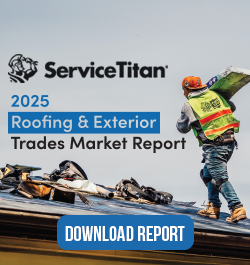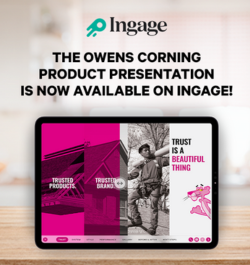The new tax cuts and jobs act (the “Act”) brings exciting new developments for commercial roofing

By Jacqueline N. Feliciano, Cotney Construction Law
Thanks to the Act, clients may now be able to deduct the full price for improvements made to the roof instantly from their gross income.
Prior to the Act, improvements made to nonresidential roofs were not fully deductible. Rather, when a client paid for a roof improvement, the client would potentially have to wait to expense the roof over a period of 39 years! Thanks to the Act, clients may now be able to deduct the full price for improvements made to the roof instantly from their gross income. It is important to note that this is an election and if your clients want to take advantage it must be elected on their tax return as it is not automatic.
Maximum Expense and Limitations
For improvements made to nonresidential roofs, the client can deduct up to $1,000,000 paid for nonresidential roof improvements in a single tax year starting in 2018. While this is an exciting deduction, it is important to consider the limitations with taking this election. While up to $1,000,000 can be deducted, if what the Internal Revenue Code (the “Code”) calls “section 179 property” is placed in service having a value of over $2,500,000, this deduction starts to diminish on a dollar-for-dollar basis. If, for example, section 179 property is placed in service having a value of $3,000,000, that value is over by $500,000 which limits the section 179 deduction to $500,000 ($1,000,000 - $500,000), a dollar-for-dollar reduction. Thus, it is important for your clients to properly plan when they make improvements to their roofs so that they can take full advantage of this deduction.
Further, the Code limits the deduction to a client’s taxable income. Thus, clients cannot use the deduction to recognize a loss. For example, if the client has a taxable income of $500,000 before the section 179 deduction is applied, the deduction will be limited to $500,000 and the remainder will be taken in a subsequent tax year.
Section 179 Property
To plan the right time to make improvements to nonresidential roofs, it is important to know what section 179 property is so that the client’s $1,000,000 expense is not reduced. Section 179 property may include, for example: equipment; computer software; real property; business vehicles; and office furniture. Thus, one way in which a client can properly plan to take advantage of this $1,000,000 deduction is to make sure that the total value of section 179 property purchased and placed in service that tax year is under $2,500,000. If the client is close to that threshold then the client can plan to purchase any further section 179 property in the following tax year so that their section 179 deduction is not reduced and the improvements made on the nonresidential roof can be fully expensed.
Conclusion
While the Act has provided us with an exciting new opportunity for roofing contractors and their clients, there are various limitations and thresholds that clients should be aware of. With proper planning, clients can make this section 179 election and potentially deduct up to $1,000,000 worth of improvement on nonresidential roofs.
Disclaimer: The information contained in this article is for general educational information only. This information does not constitute legal advice, is not intended to constitute legal advice, nor should it be relied upon as legal advice for your specific factual pattern or situation.
Jacqueline N. Feliciano is an attorney at Cotney Construction Law who practices tax law and other transactional matters. Cotney Construction Law is an advocate for the roofing industry, General Counsel of FRSA, NWIR, TARC, TRI, RT3, WCRCA, PBCRSMA, and several other local roofing associations. For more information, contact the author at 866.303.5868 or go to www.cotneycl.com.

















Comments
Leave a Reply
Have an account? Login to leave a comment!
Sign In